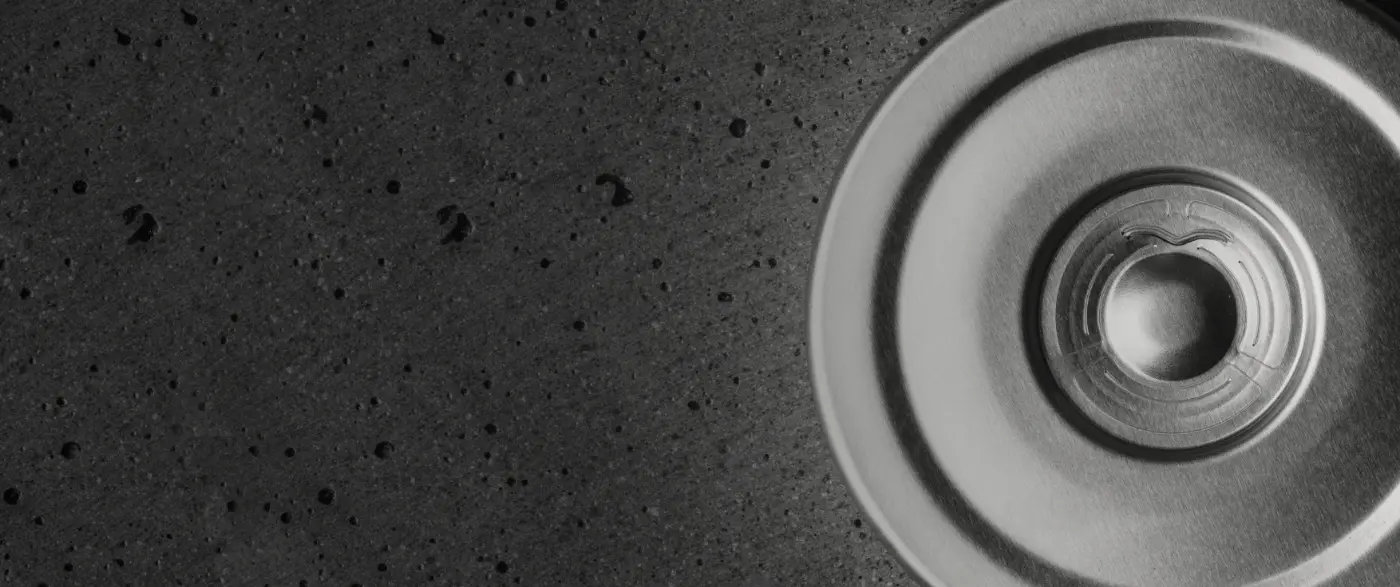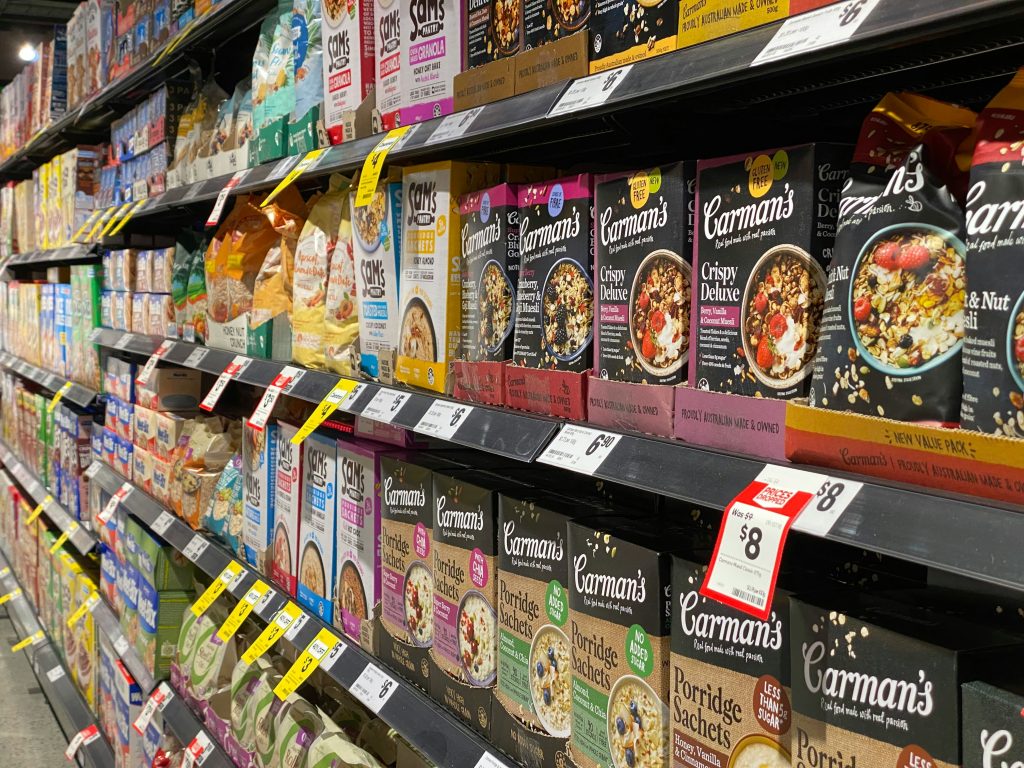Private Label Product Sales Are Booming: Retailers Can Fuel Sales Momentum with the Right Packaging


Source: Franki Chamaki, Unsplash, November 6, 2020
More and more consumers are purchasing private label products. Research by FMI found that 55% of shoppers reported increasing their purchase of these products over the past year. According to this research, consumers are motivated to purchase private brand products primarily for their value, price, quality and taste. Other purchase drivers of store brand products cited by shoppers included meeting meal solution needs, appealing packaging and aligning with health needs. FMI’s report also found that 55% of shoppers consider their primary store’s brand very or extremely important in their decision to shop there, “underscoring the growing influence of private brands on consumer behavior”.
Today, an overwhelming majority of consumers direct some of their grocery budgets to buying private label products. A study by PDG Insights revealed that 98% of American households typically buy private label in at least one major grocery category and most are buying private brands in multiple categories. In fact, one out of five products sold is a store brand.
Sales data reflects the growing momentum of private label products. Data from the Private Label Manufacturers Association (PLMA) shows that private label sales reached a record $236 billion last year, a level that was up almost 5% year over year. Private label sales show no signs of slowing down in 2024. Store brands reached all-time highs in both unit and dollar share during the first six months of 2024, compared to the same period a year ago, according to new Circana sales data provided to PLMA. Unit market share was 22.9% and dollar market share was 20.4%, as of June 16. PLMA estimates that if sales continue at the current rate for the balance of the year, total store brand revenue for 2024 will exceed a quarter trillion dollars, setting a new record for annual sales.
As preference for private label products continues to grow, consumers are basing purchasing decisions on more than just the price, quality and taste of these products. Accessible and sustainable packaging is also a key factor in consumer purchasing decisions.
With more than half (53%) of retailers expecting private label goods to be their top driver of growth this year, they have an opportunity to fuel this growth by packaging their store brands in an accessible and sustainable way. Integrating accessible and sustainable packaging into their store brand strategy allows retailers to cater to consumer preferences and create differentiation to increase shopper loyalty, boost store foot-traffic and capture more market share.
The EEASY Lid is the jarred packaging solution retailers need to grow private label product sales. This software designed packaging innovation appeals to consumers across every demographic for its accessibility and sustainability. The first jar lid innovation in 80 years, the EEASY Lid provides unparalleled accessibility, reducing the amount of torque needed to twist off a jar lid by up to 50%. Sustainable in design, the EEASY Lid is made of recyclable aluminum, allowing store brands to optimize their packaging to lower their carbon footprint, reduce waste and contribute to a circular economy.
Sales of private label products show no signs of slowing down. Tapping into this sales momentum is easy with the right packaging. Retailers who want to experience growth in both dollar sales and units of their private label products need the EEASY Lid – accessible packaging designed to help sell products.